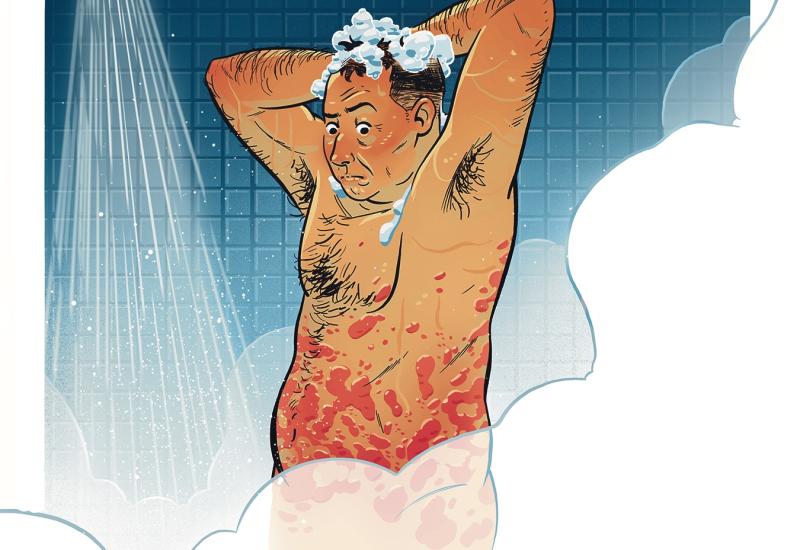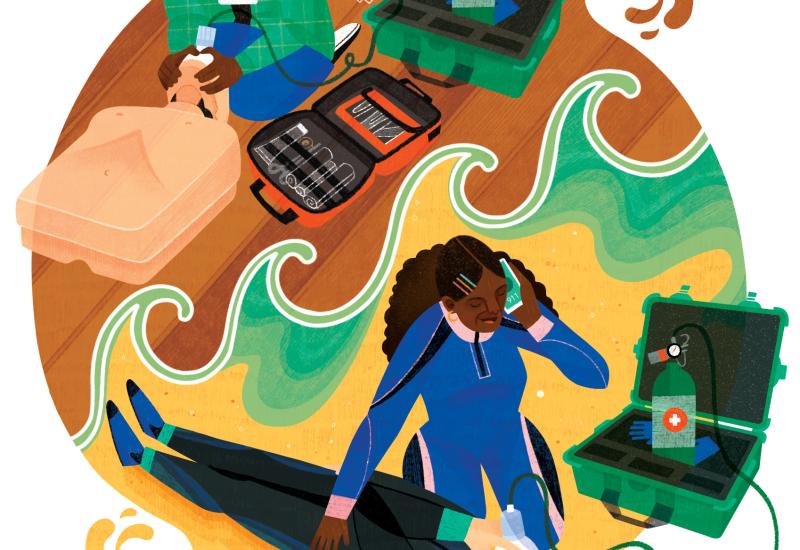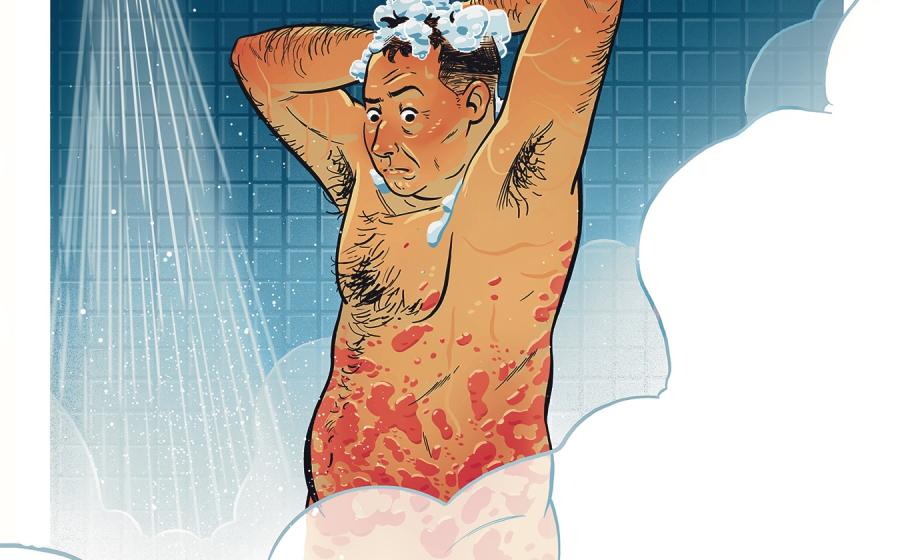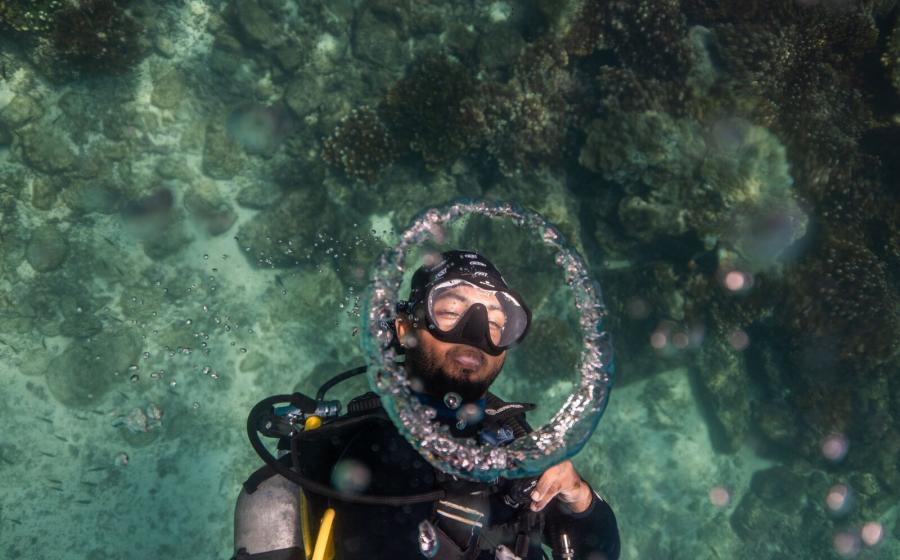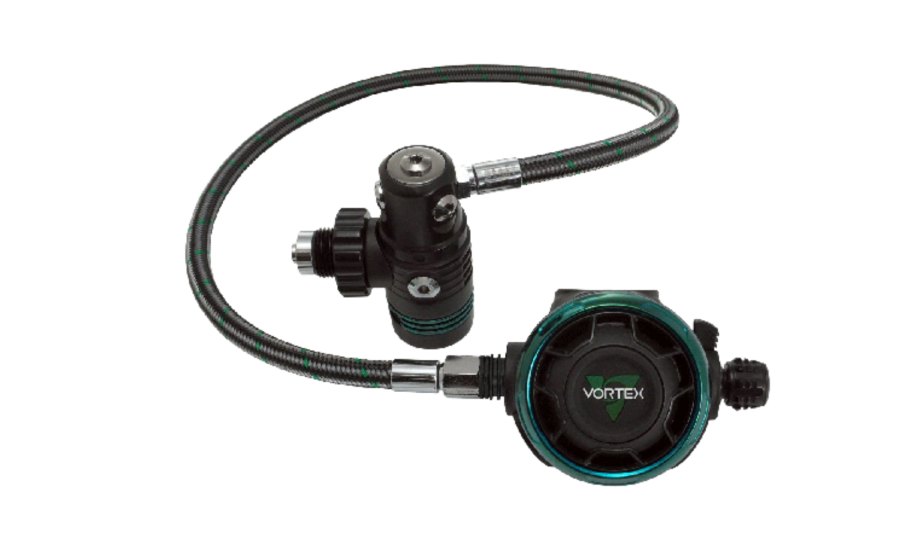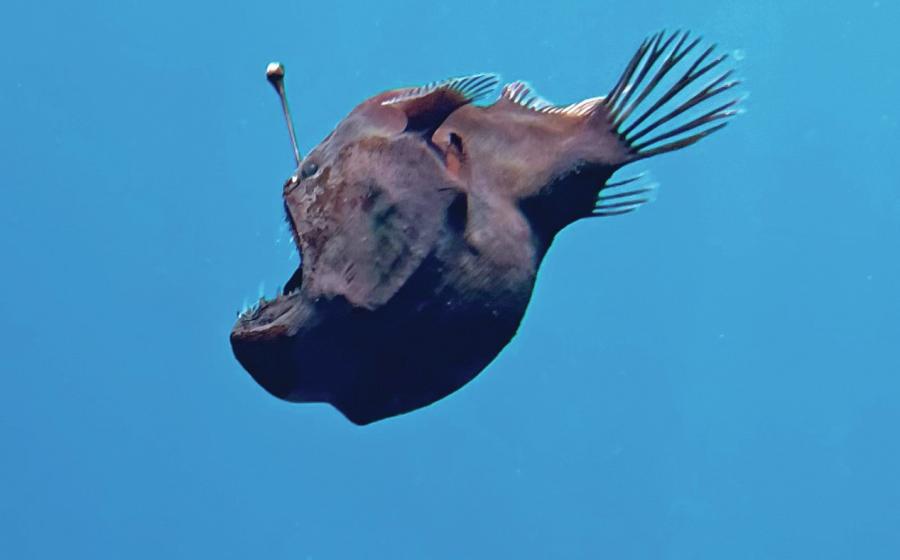3 Mindful Techniques to Improve Your Diving
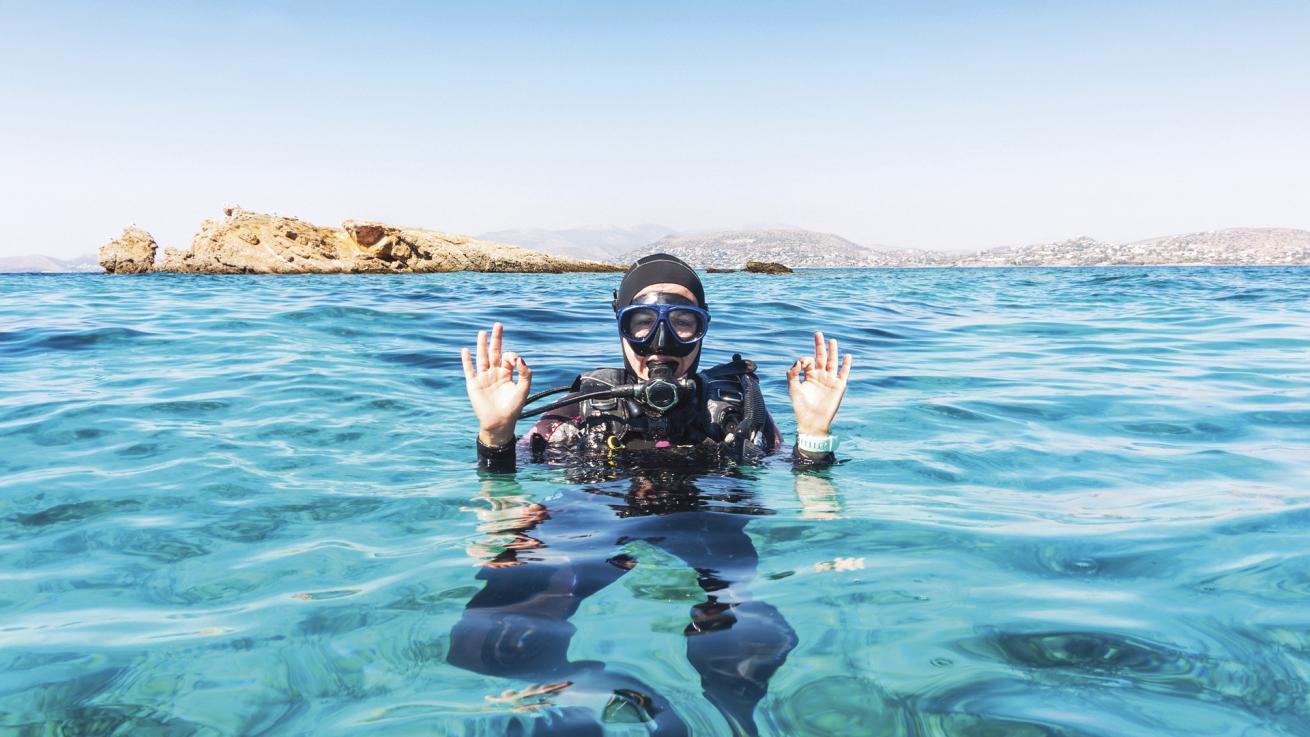
Courtesy DAN
Consider this question: What is your most important piece of dive equipment?
While dive computers, regulators and cylinders are certainly important, I believe a cool and collected mind is the most essential.
During my cave-diving training, my instructors challenged my team with scenarios including flooded lights, broken computers and out-of-air situations, sometimes all at once. However, by using our heads and working as a team, we could still anticipate potential issues and take decisive action despite all our other equipment failing.
Even new divers can work on developing resilience. A few simple mindfulness techniques before diving can settle nerves, improve focus and increase situational awareness.
Breathwork to Settle Nerves
Feeling mild anxiety before a dive is normal and can be a healthy cue to double-check equipment and the dive plan. Some simple breathwork can be a quick way to ease anxieties.
Close your eyes gently and slowly take one or two deep breaths. Relax into your normal breathing pattern, and take notice of how your chest rises and falls. If any stray thoughts enter your mind, rather than trying to reject the thought, acknowledge them and gently guide your focus back to your breathing. A good cue to focus on is observing the moment of transition between your inhalation and exhalation.
If you’re still unable to control your anxiety after a few minutes of this exercise, ask yourself if there is an underlying reason behind your discomfort. If your anxiety is severe, I would consider trusting your gut and postponing your dive!
Related Reading: How to Find a Doctor for Scuba Medical Advice
Body Scan to Improve Focus
Sometimes, I can easily feel overwhelmed and scattered when at a busy dive site or on a crowded boat. The Body Scan is an exercise I like to use to refocus my attention. Start by closing your eyes and taking one or two deep breaths. Then, direct your attention to your toes for a couple of breaths, noticing any sensations or discomfort.
Slowly move your focus up through your feet, ankles, calves, knees and thighs. As you scan each area, release any tension that may have built up. Continue moving your focus through your body until you reach the top of your head.
Another benefit to this exercise is establishing a baseline of how you feel before the dive. Are you tired and sore or energized and refreshed? If you feel a sudden increase in discomfort during the dive, it may be time to head for the surface.
"I like to begin with the assembly of my equipment, mentally checking out everything that I will need to complete the dive. Continue with each phase of the dive, imagining what things feel like."
Visualize Your Surroundings
Situational awareness allows divers to anticipate potential issues before they happen. Is your buddy getting a little too far away? Are you breathing through your gas faster than expected?
Related Reading: Dive Accident Insurance: What You Need to Know
A great way to prime your mind is with visualization. Begin by closing your eyes and taking a moment to clear your mind with a few deep breaths. Then, slowly begin walking through each phase of your dive, step-by-step. I like to begin with the assembly of my equipment, mentally checking out everything that I will need to complete the dive.
Continue with each phase of the dive, imagining what things feel like: your drysuit or wetsuit against your skin, the resistance of your regulator, and the sensation of weightlessness with proper buoyancy and trim. Include any procedures you may perform, such as rolling into the water, checking your gas or shooting an SMB.
Just like any other skill, mental preparation takes time to show its benefit. However, its benefits have been proven by both research and elite athletes like Michael Phelps to improve focus and awareness, and reduce anxiety. Give it a try before your next big dive.

